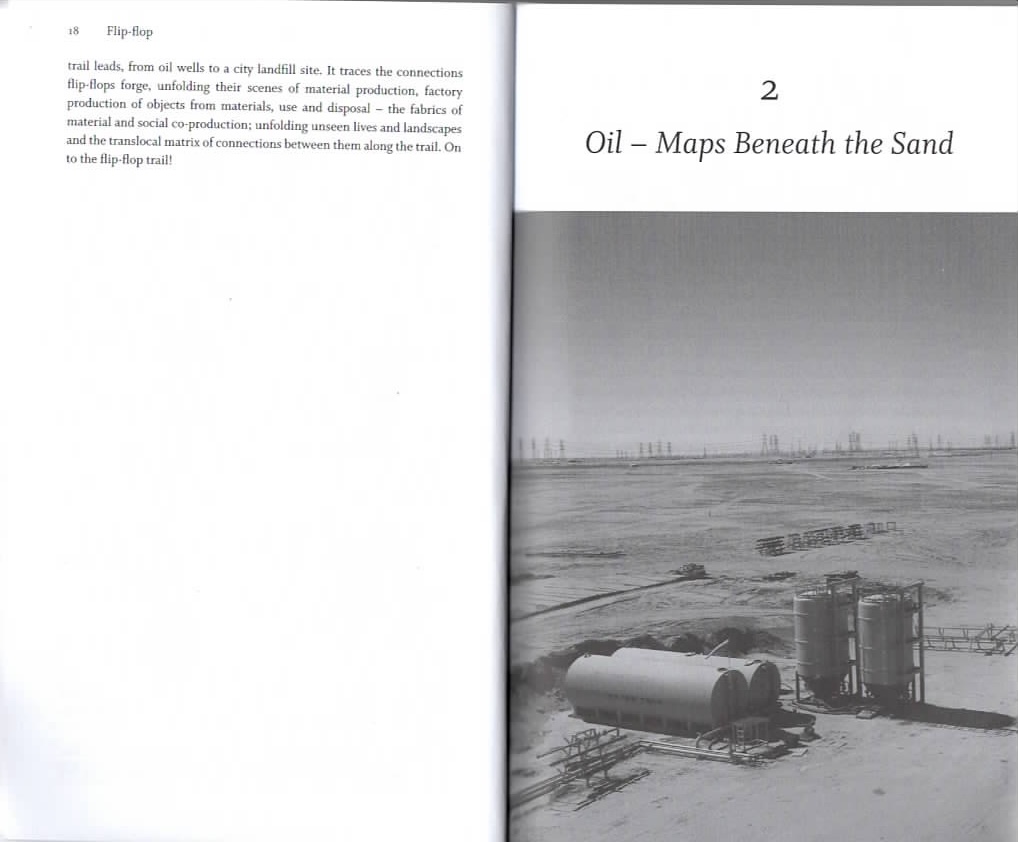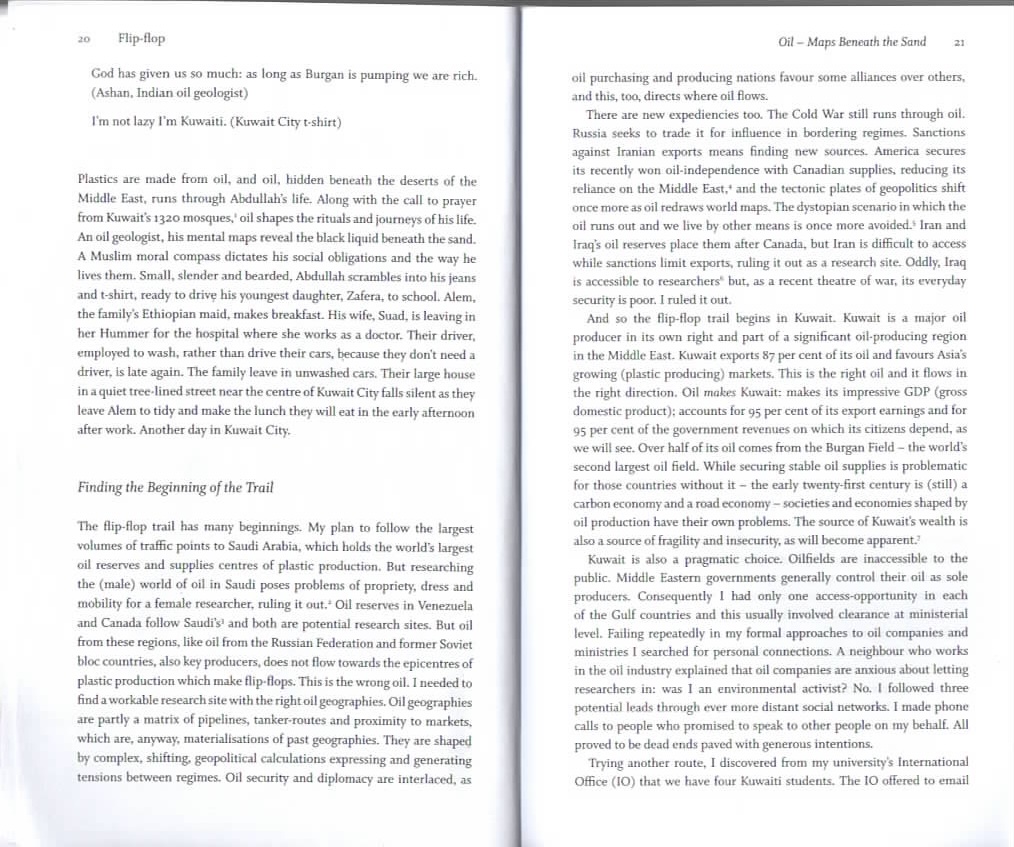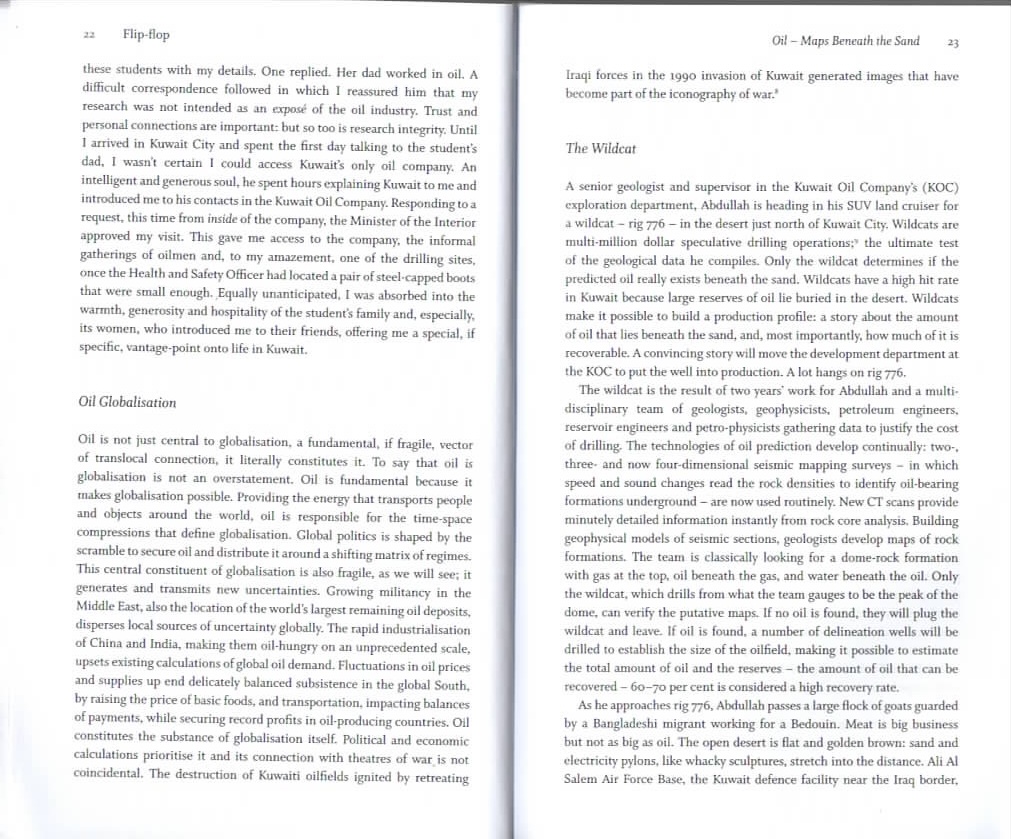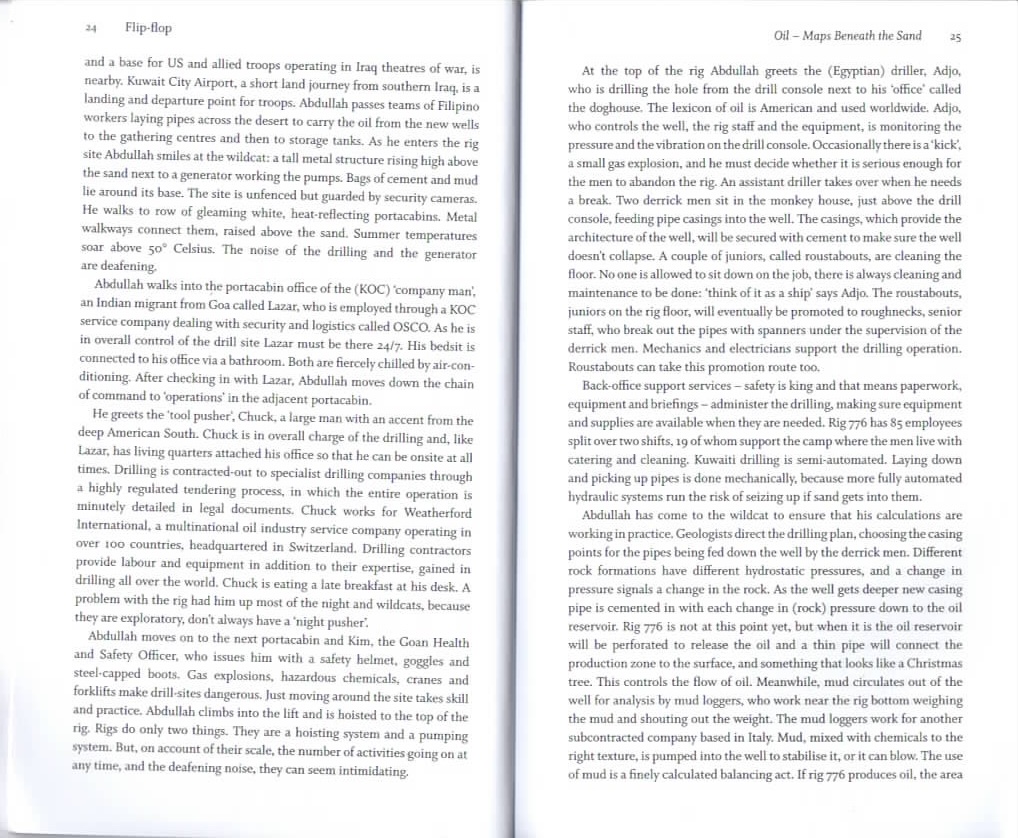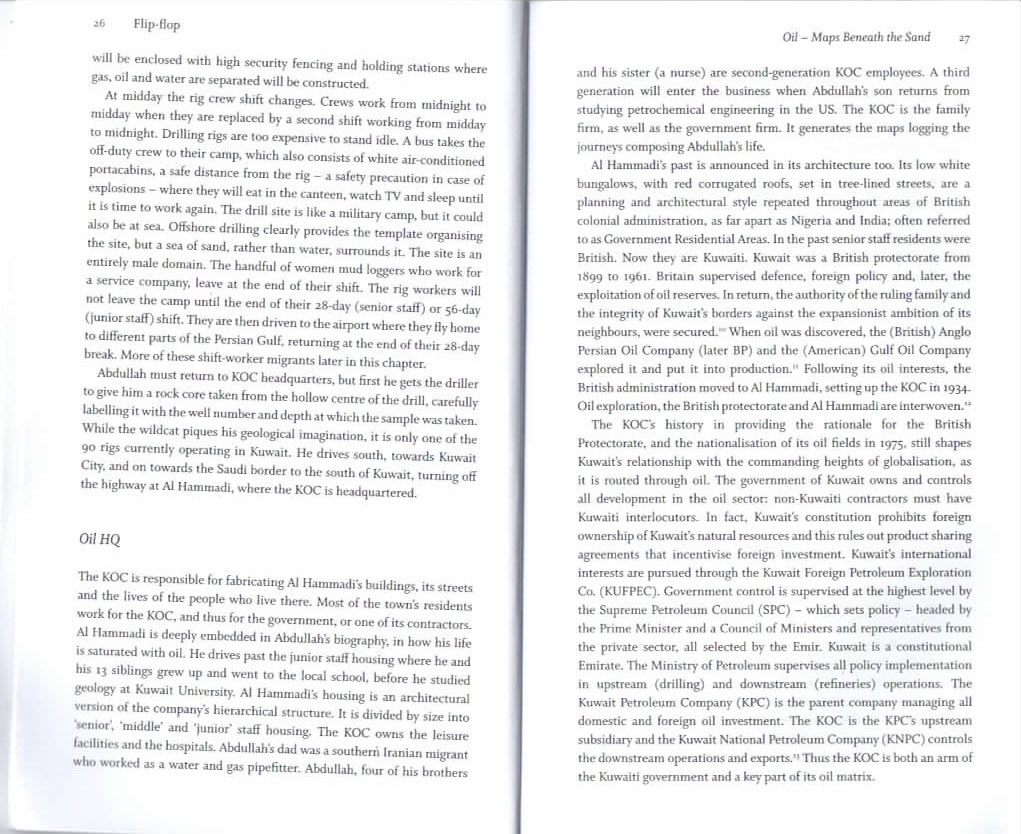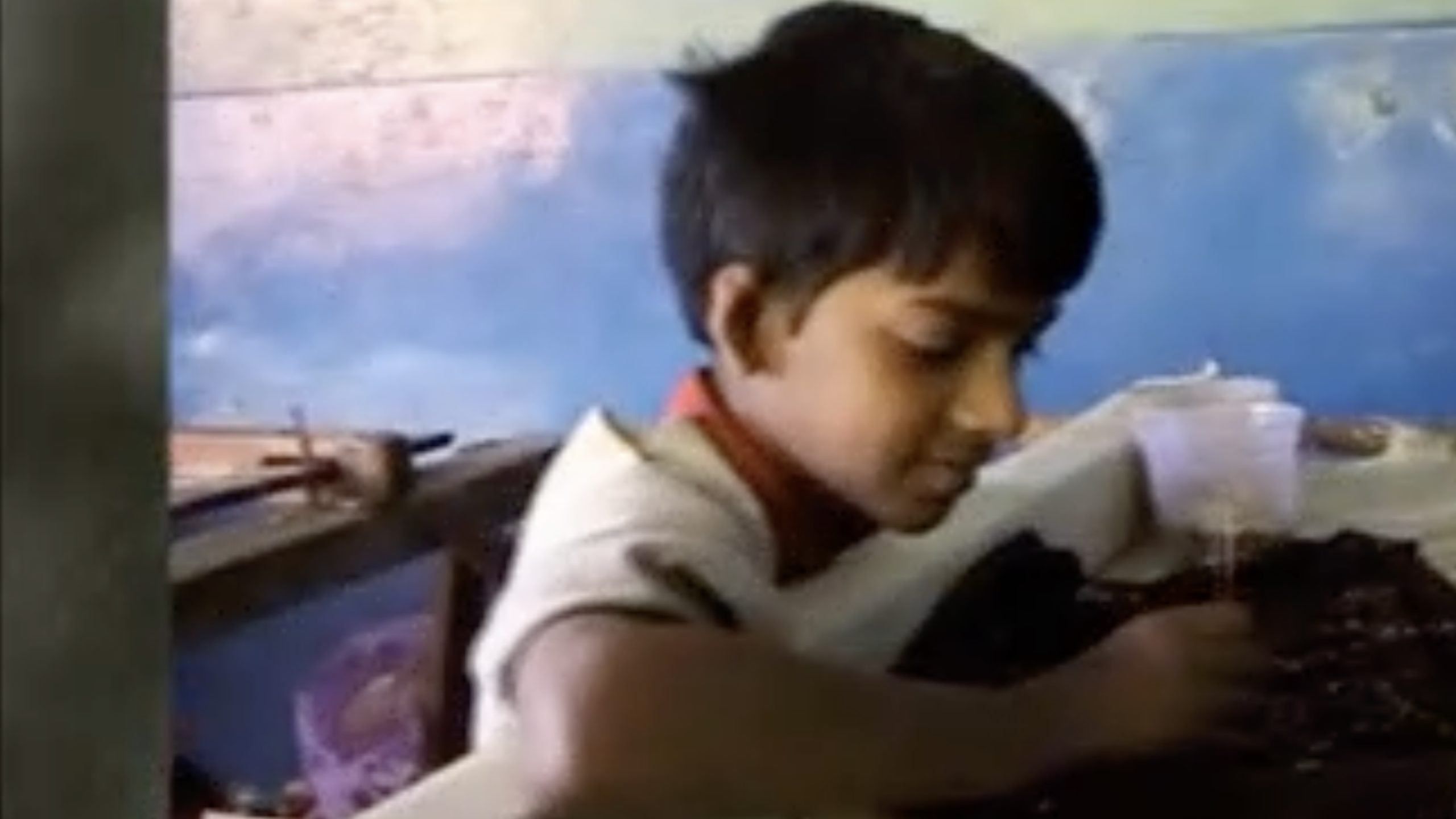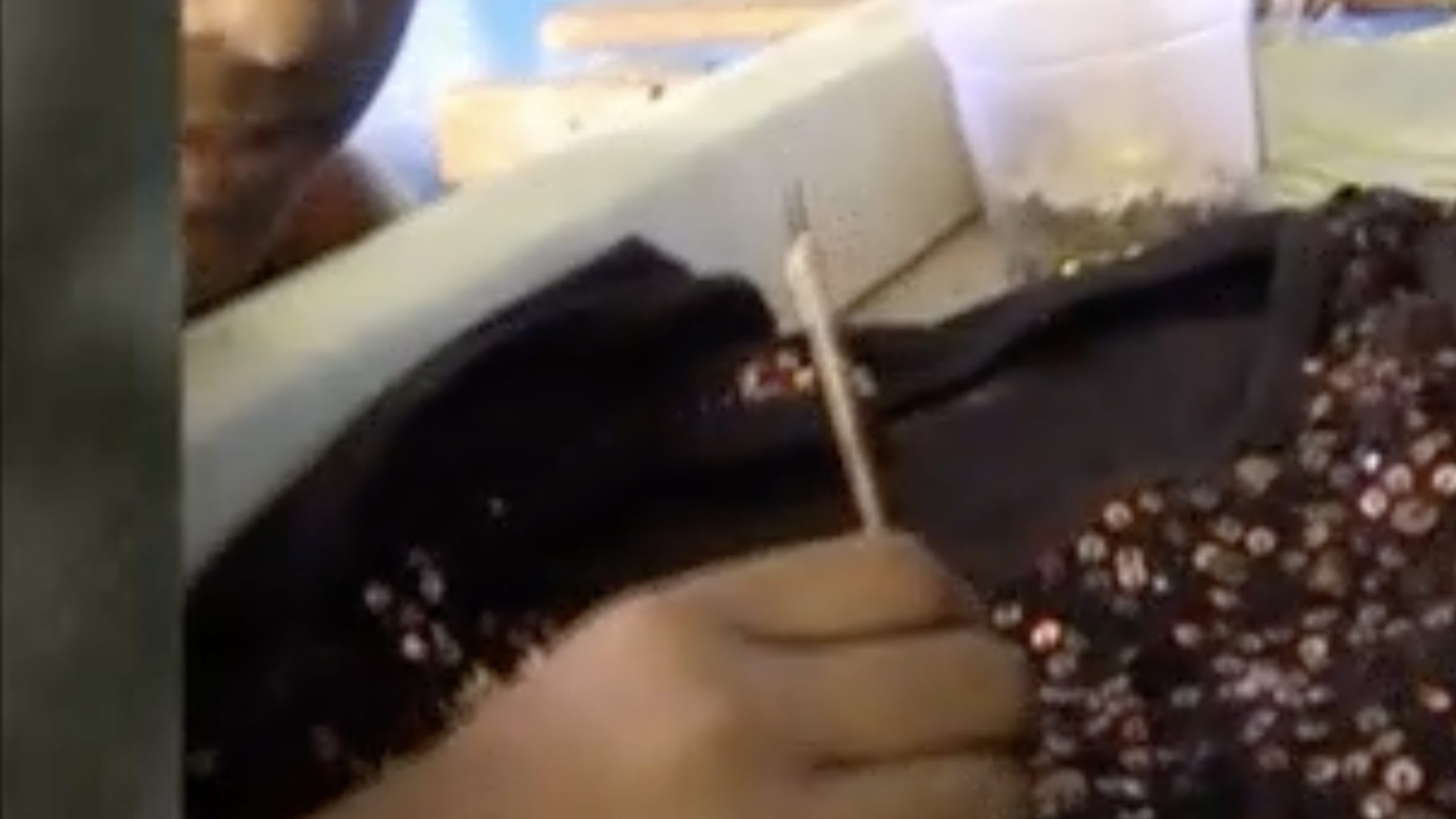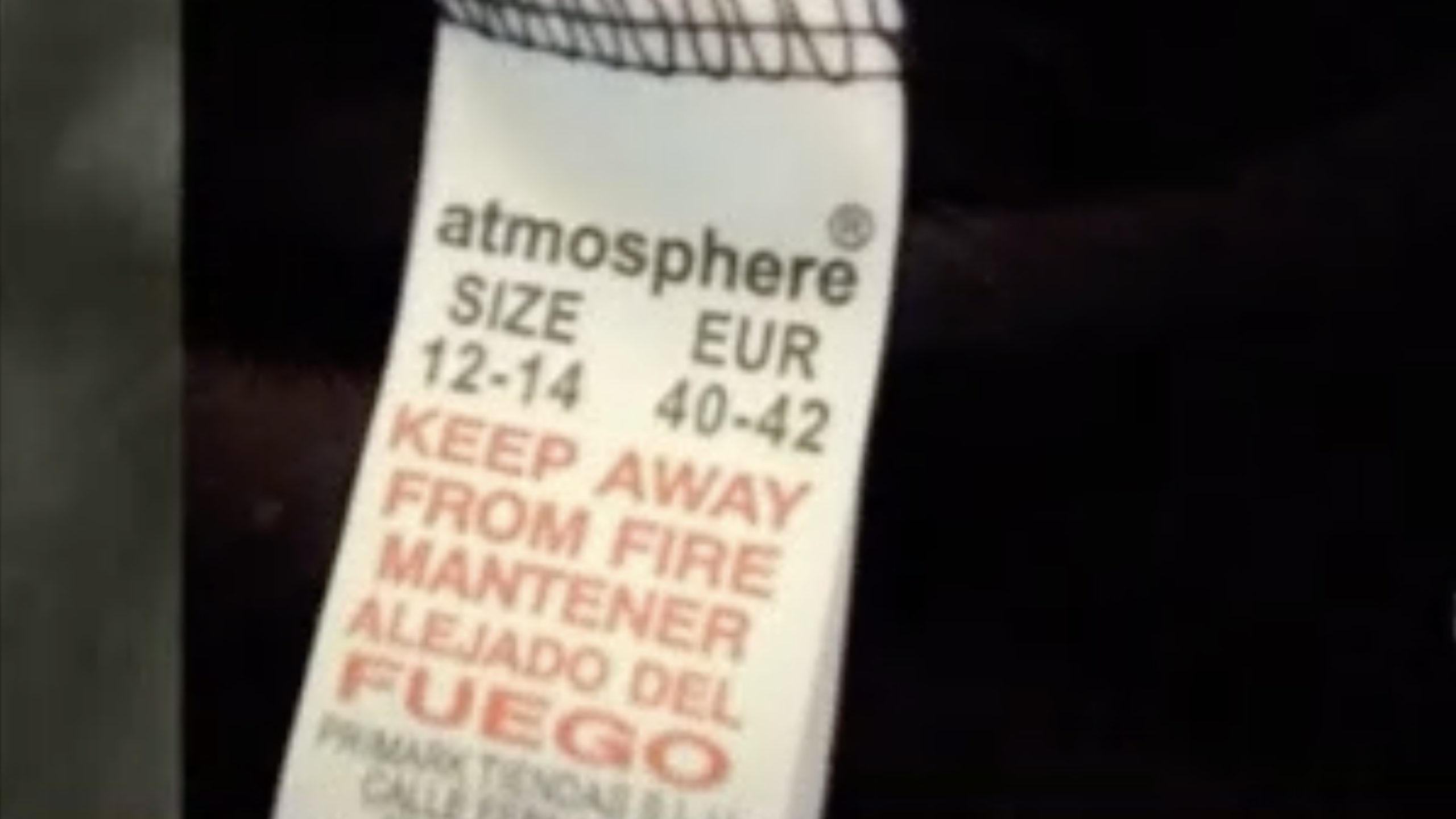
followthethings.com
Fashion
“Flip-Flop: A Journey Through Globalisation’s Backroads“
A multi-sited ethnographic research monograph by Caroline Knowles, published by Pluto
Preview above. Available from good bookstores. Website here.
When academics, journalists, filmmakers and other thing-followers choose the commodity they will delve into, it’s often something important, something they couldn’t live without. Caroline Knowles takes a different approach, choosing something she doesn’t think about much, something that’s sitting at the back of her closet, something she uses only occasionally. It’s a great idea. Following different commodities brings lots of different materials, places, and people together in one story. There will inevitably be surprises. But she’s not following them back from her closet to the factories where they were made in the Global South. She’s following them forward. From the oil wells of Kuwait, to the petrochemical plants in South Korea that turn this oil into the right kind of plastic that can be shipped as granules, to the factories in China where they are turned into flip-flops, which are then shipped for sale and walking about in Ethiopia. She uses this on-the-ground following to reflect on globalisation. It’s a more complex process than many think it is. It looks this way when you follow things, especially if you de-centre the Western consumer, follow South-South trade, and connect different sites, people and places. The ‘guilty Western consumer’ is nowhere to be seen. So what can this approach tell us about trade justice? In what ways might it be, and contribute to, its activism?
Ian Cook et al (2024) Flip-Flop: A Journey Through Globalisation’s Backroads (holding page). followthethings.com/flip-flop.shtml (last accessed <insert date here>)
Estimated reading time: tbc minutes.
Continue reading Flip-Flop: A Journey Through Globalisation’s Backroads ![]()

